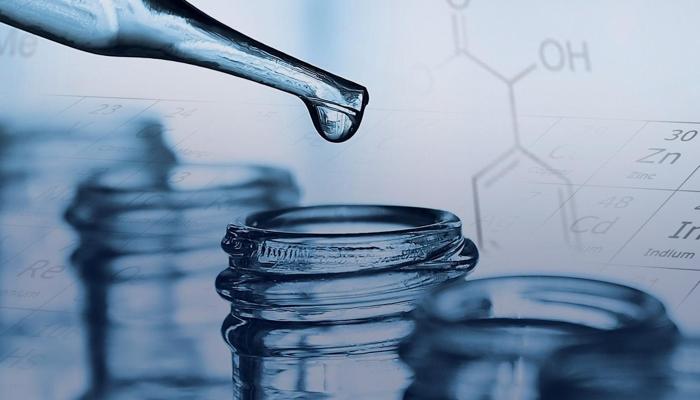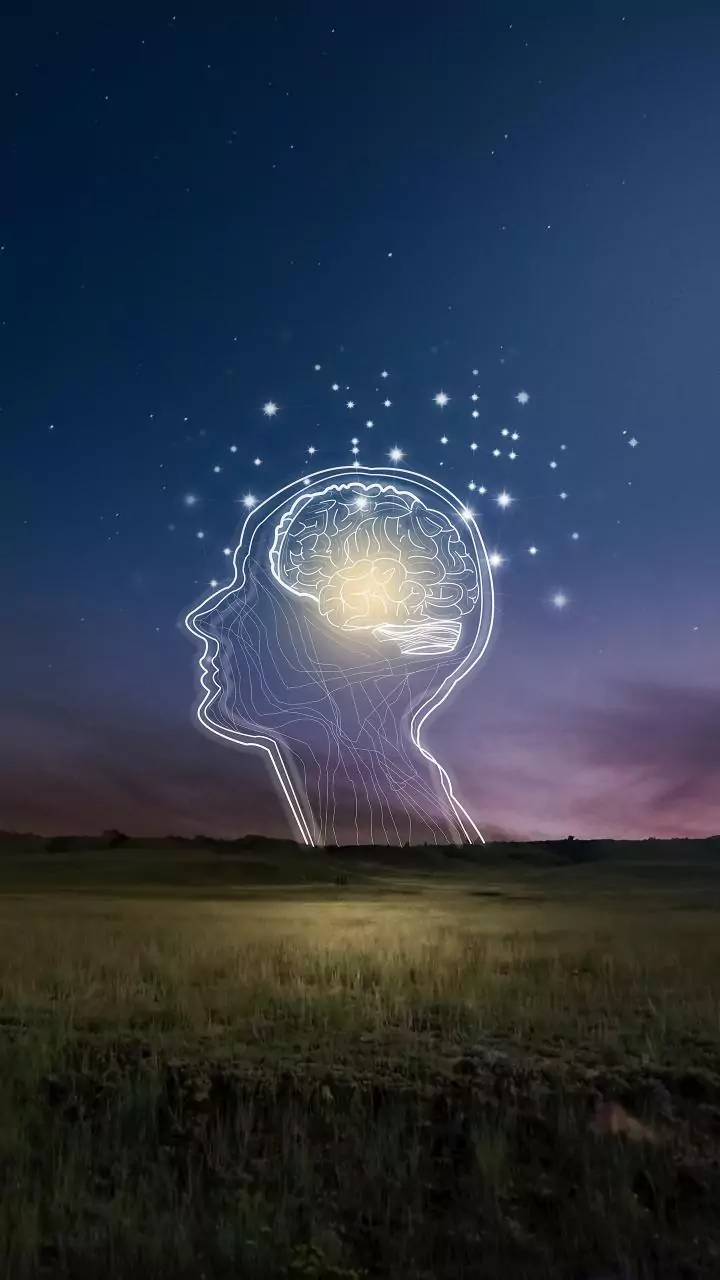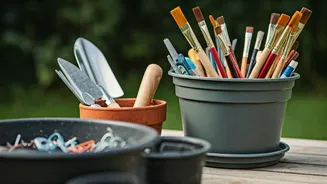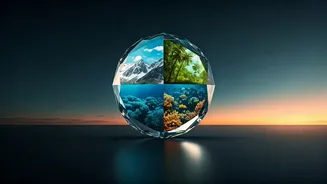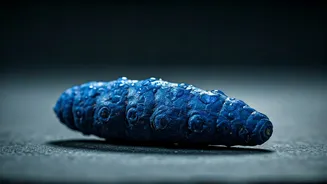Uncover the Science Behind Discoveries: Dive into the World of Experimentation. Read More to Unlock the Secrets of Scientific Progress!
In the world of science, discoveries aren't just stumbled upon. They
are the result of careful planning, hard work, and a lot of experimentation. Think of experimentation as a scientist's toolkit.
It's how they test ideas, solve problems, and ultimately, understand the world around us a little better. It is an ongoing process of refining existing knowledge. Experimentation is at the heart of scientific progress, pushing the boundaries of what we know.
Discovery begins with questions leading to hypotheses for experiments
The start of any great discovery usually begins with a question. "Why is the sky blue?" "How does this new medicine affect the human body?" These questions act as starting points. Once a question is identified a scientist forms a hypothesis.
This is their best guess, a possible way to answer the question at hand. It is not just a random shot in the dark! It's an educated guess based on existing knowledge and observations. This act of forming a hypothesis helps to design specific experimentations.
Scientific experiment tests hypothesis with control groups for fair comparisons
Next comes the actual experiment. This is where the hypothesis is put to the test. Scientists carefully design procedures to collect data that either support or disprove their hypothesis. They think about all the variables that could affect the outcome and create controls to ensure fair comparisons.
Imagine a scientist testing a new fertilizer. They would need control groups being plants that don't get the fertilizer so they can compare the growth of the plants. This enables the team to know better about the performance of fertilizer.
Scientists collect data for experiments with precision using tools
Data collection is a crucial part of the experimentation process. Scientists meticulously record observations and measurements. They use various tools and techniques depending on the specific experiment.
This might involve using sophisticated equipment, like a microscope to examine cell structures, or it could be as simple as carefully measuring the growth of plants over time. The focus is on being accurate and precise as the final result depends upon data.
Scientists analyze data to support hypotheses; one experiment isn't definitive
After the data is collected, scientists analyze it to see if their results support their original hypothesis. They use statistical methods and other tools to identify trends and patterns in the data. If the data does support the hypothesis, it strengthens the scientist's theory.
However, it's important to remember that one successful experiment isn't enough to prove something definitively. It is tested over time.
Scientific process involves revising hypotheses based on data
If the data doesn't support the hypothesis, that doesn't mean the experiment was a failure. It simply means the original idea needs to be revised or abandoned. This is a normal part of the scientific process.
Scientists then go back to the drawing board, refine their hypothesis, and design new experiments to test their revised ideas. The results, even if they disprove original idea, gives better insights.
Newton's apple experiment leads to discovery of gravity
One of the best examples of how experimentation leads to discovery is the story of Sir Isaac Newton and the apple. The famous tale is that he observed an apple falling from a tree. This simple observation led him to the question, "Why did the apple fall down instead of up or sideways?".
That question led him to formulate a hypothesis: that a force, gravity, was pulling the apple towards the earth. He then conducted experiments to test his hypothesis, eventually leading to his groundbreaking law of universal gravitation.
Scientists experiment to create safe, effective vaccines against viruses and bacteria
Another example of experimentation is the development of vaccines. To create vaccines, scientists conduct extensive research to understand how viruses and bacteria affect the body.
They then develop weakened or inactive forms of these pathogens and experiment with different ways to deliver them to the body, carefully monitoring the immune response. In each stage, careful testing helps refine the vaccines.
It allows scientists to ensure that these vaccines are both safe and effective.
Experimentation drives tech advancement, enhances solar panel efficiency
Experimentation also plays a critical role in developing new technologies as scientists and engineers test various materials and designs to improve performance and efficiency. Consider the development of solar panels.
Through experimentation, scientists have discovered new materials and methods to improve the efficiency of solar panels, making them a more viable source of energy. It pushes limits on existing technology, and helps find newer technologies.
Indian scientists experiment in space and agriculture for progress
In India, scientists are employing experimental methods across various fields. Our space scientists at ISRO conduct rigorous testing on spacecraft components and launch vehicles to ensure successful missions. Agricultural scientists experiment with different farming techniques.
The testing ensures that the new methods are more robust. This gives the farmers confidence on new findings.
Anyone can use scientific method to explore and learn
Experimentation is not just for scientists in labs. Anyone can use the scientific method to explore and learn about the world around them. Next time you have a question or encounter a problem, try experimenting.
Formulate a hypothesis, design a simple experiment, collect data, and see what you discover. This kind of hands-on learning fosters curiosity. It also helps develop problem-solving skills.
The art of experimentation: challenges, triumphs, discoveries
The art of experimentation is a journey of discovery, filled with challenges, setbacks, and moments of triumph. It is a continuous cycle of questioning, testing, analyzing, and refining.
Through this process, scientists not only make new discoveries but also deepen our understanding of the world around us, ultimately improving our lives. So, next time you hear about a scientific breakthrough, remember the countless hours of experimentation that lie behind it.
AI Generated Content. Glance/InMobi shall have no liability for the content